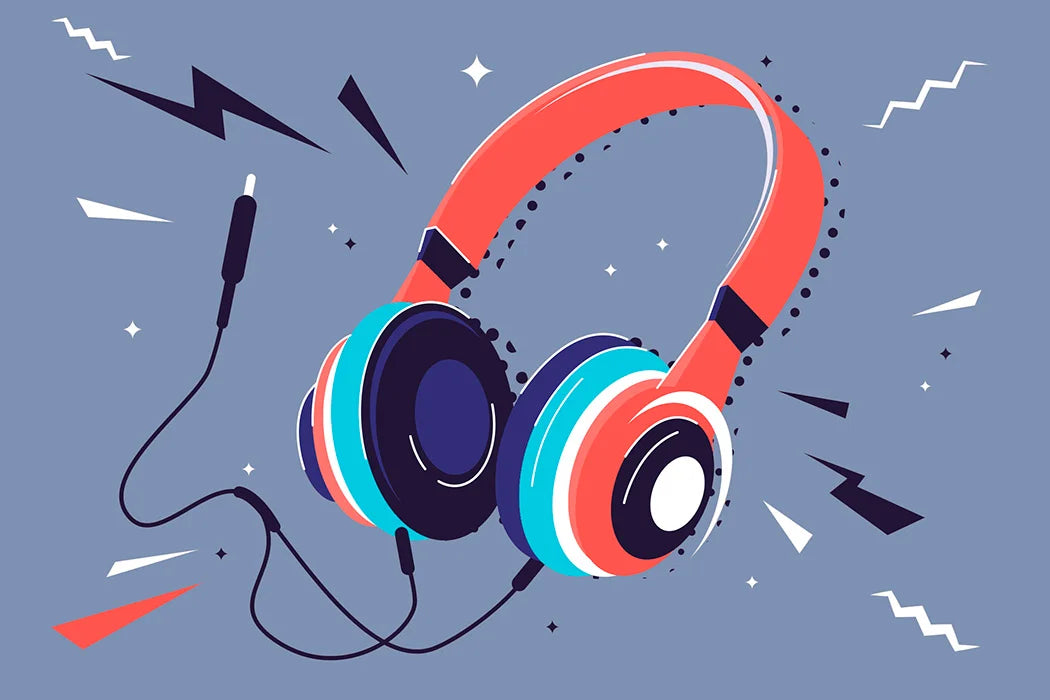Music publishing is a crucial aspect of the music industry that generates revenue for musicians. It involves the licensing and distribution of a musician's original compositions and songs, and it can include both traditional and digital forms of media. Here's how music publishing generates revenue for a musician:
-
Mechanical Royalties: Mechanical royalties are generated whenever a song is sold, streamed, or downloaded. This includes physical sales of CDs and records, as well as digital downloads and streaming. Mechanical royalties are typically paid to the publisher, who then shares a percentage of the revenue with the songwriter.
-
Performance Royalties: Performance royalties are generated whenever a song is performed in public, whether it's live or broadcasted on radio, television, or streaming platforms. These royalties are collected by performance rights organizations (PROs) like ASCAP, BMI, and SESAC and are then distributed to the publisher and songwriter.
-
Synchronization Licenses: Synchronization licenses are generated when a song is used in a film, television show, commercial, or video game. These licenses are negotiated between the publisher and the production company or advertiser, and the revenue is shared with the songwriter.
-
Print Licenses: Print licenses are generated when a song is used in sheet music, songbooks, or other printed materials. The publisher will negotiate the license and share the revenue with the songwriter.
-
Public Domain Exploitation: A song that is in the public domain can be used without the need to pay royalties, however, if a musician creates a new arrangement of a public domain song, they can register it and collect royalties on the new arrangement.
Music publishing can also include administration services, such as registering and tracking your songs, ensuring that you are paid for the use of your music and protecting your rights as a songwriter. By understanding the different ways that music publishing generates revenue, musicians can better navigate the industry and ensure that they are being fairly compensated for their work.
It's important to note that working with a publisher or sub-publisher can give you access to a larger network of contacts and resources, and they may be able to negotiate better deals and find new revenue streams on your behalf. However, it is also possible for musicians to self-publish and manage their own rights and revenue streams. Ultimately, the best approach will depend on the musician's goals, resources and the scale of their career.

